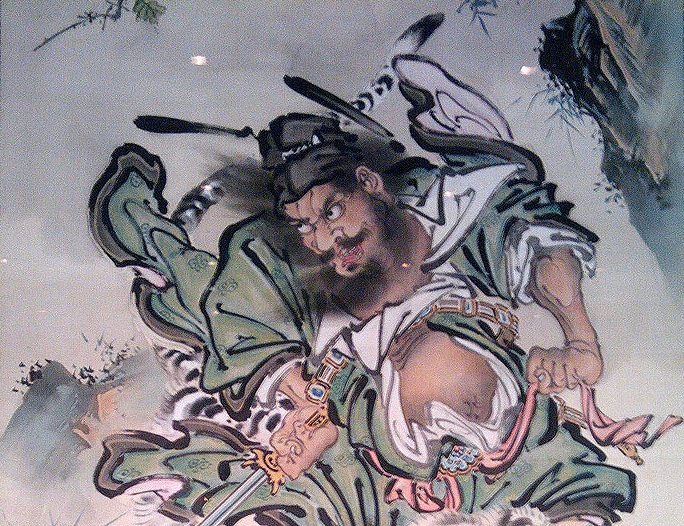Hello Espunis! Today, we embark on an exploration of a lesser-known facet of Japanese culture: the relationship with beards. Have you ever noticed that beards, or facial hair in general, are not commonly seen on Japanese men? It’s an intriguing phenomenon worth delving into. Why is it that in a society where diversity is celebrated, the beard seems to be a rarity, almost taboo? Let’s uncover the reasons behind this cultural preference.
Firstly, it’s important to understand the significance placed on physical appearance in Japanese society. Cleanliness, tidiness, and personal grooming are highly valued traits. In this context, a beard can be perceived as a departure from the clean-cut image that is considered ideal. It’s associated with a lack of meticulous grooming and attention to detail, potentially compromising one’s overall appearance.
Furthermore, beards in Japan have been subjected to certain negative stereotypes. They have been historically linked to notions of rebellion, defiance, or even criminality. In popular culture, bearded characters often play the role of antagonists or villains, reinforcing the association of beards with negative traits. These depictions have played a role in shaping the prevailing perception of beards in modern Japanese society.

In Japanese society, the aversion to beards is rooted in a complex interplay of cultural, historical, and social factors. While these stereotypes may seem unfamiliar to those from cultures where beards are common, they hold genuine weight in Japan and significantly influence perceptions.
One contributing factor lies in the historical association between beards and negative stereotypes. Interestingly, in Japanese history, the samurai holds a revered position. Renowned for their warrior spirit and code of honor, many samurai viewed growing a beard as a symbol of masculinity and bravery. The beard was believed to have an intimidating effect on the battlefield. However, during the Meiji Restoration in the 19th century, Japan underwent a modernization process that entailed Westernization, including appearance. This led to the prohibition of beards, marking the beginning of their association with negative stereotypes.

Another significant factor contributing to the rarity of beards in Japan is the prevalence of workplace policies that require men to be clean-shaven. These policies stem from the perception that a beard is unprofessional in certain industries and occupations. This is particularly evident in sectors such as banking, investments, insurance, transportation (railroads, airlines, buses, cabs), retail, restaurants, and hotels.
In these industries, maintaining a clean-shaven appearance is considered essential for projecting a polished and professional image. It aligns with the cultural emphasis on cleanliness, order, and conformity within the workplace. Many Japanese men choose to shave in order to comply with these expectations and avoid any potential challenges or negative repercussions in their careers.
Additionally, genetics play a role in the scarcity of beards in Japan. Japanese men tend to have less facial hair compared to men of other ethnicities. Even if they desired to grow a beard, many simply do not possess the necessary density or coverage.
In summary, the rarity of beards in Japan stems from a combination of cultural, social, and genetic factors. While beards may signify masculinity or style in other cultures, in Japan they are often associated with negative stereotypes and deemed unprofessional. However, it’s important to note that societal attitudes are gradually evolving. With increasing globalization, more Japanese men are experimenting with different beard styles. Perhaps, in time, beards will become a mainstream fashion trend in Japan. Only time will reveal the extent of this cultural shift!



